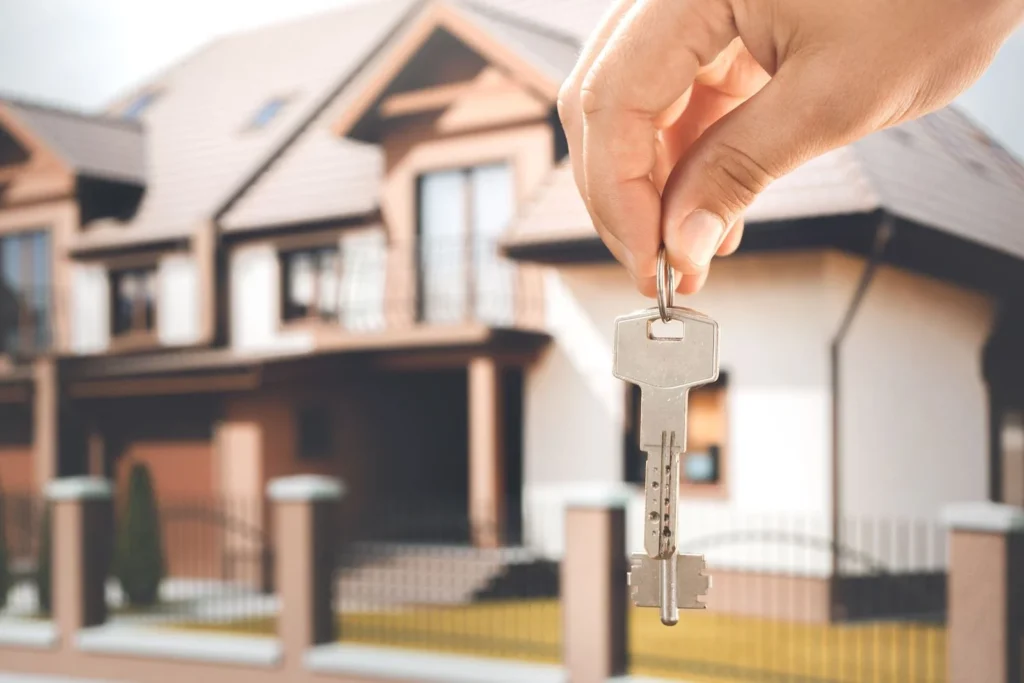
The Pros and Cons of Buying Foreclosed Properties
Opportunity or Headache? Here’s What You Need to Know
Foreclosed properties can look like a dream deal — homes priced below market value, motivated sellers (usually the bank), and a shot at building instant equity. But they also come with a fair share of risks, unknowns, and potential red tape.
So, is buying a foreclosure a smart move? Let’s break down the advantages, the downsides, and how to make a wise investment if you’re considering this route.
🏡 What Is a Foreclosed Property?
A foreclosure happens when a homeowner fails to make mortgage payments, and the lender (usually a bank) takes legal ownership of the home. These properties are then:
- Auctioned at a foreclosure sale, or
- Listed by the bank (REO: Real Estate Owned) on the open market
Foreclosures are often priced to sell quickly — but the process can be more complex than buying a regular home.
✅ Pros of Buying a Foreclosed Property
1. Lower Purchase Price
One of the biggest draws: foreclosures are often sold below market value. Banks are motivated to recover their losses and move inventory fast.
💸 Potential Savings: 5%–30% below comparable home prices in the same area.
2. Instant Equity Potential
If you buy a home under market value and invest in renovations, you could build equity quickly — a major plus for investors or flippers.
📈 Example: Buy at $200K, invest $30K in repairs, appraise at $300K = $70K equity.
3. Less Competition (Sometimes)
Many buyers avoid foreclosures due to the uncertainty. If you’re well-prepared and know the process, you might face less competition than in traditional listings.
4. Opportunity to Flip or Rent
Foreclosed homes can be solid candidates for:
- Fix-and-flip projects
- Long-term rental income
- Short-term vacation rentals (if in the right location)
🏠 With the right renovation strategy, they can become cash-flowing assets.
⚠️ Cons of Buying a Foreclosed Property
1. Property Condition Is Often Poor
Foreclosures are usually sold as-is, meaning the bank or auction house won’t make repairs. Homes may be:
- Neglected or vandalized
- Missing appliances or fixtures
- Damaged due to sitting vacant
🔧 Tip: Always budget for repairs and do a thorough inspection (if allowed).
2. No Seller Disclosures
Unlike traditional sales, banks are not required to disclose issues like:
- Structural damage
- Mold
- Plumbing/electrical problems
- Pest infestations
❗ You’ll need to uncover potential red flags yourself through inspections and due diligence.
3. Complicated or Lengthy Process
The buying process can be slower and more complex, especially if:
- You’re buying at auction (requires full cash and no inspection)
- The property has title issues, liens, or unpaid taxes
- The bank is slow to respond (common in REO sales)
⏳ Be ready for delays and paperwork — especially if you’re using a mortgage.
4. Cash Buyers May Have the Advantage
At auctions or in hot markets, cash buyers often win out. If you’re financing, make sure you’re pre-approved and work with an agent experienced in foreclosures.
5. Hidden Costs Can Add Up
Low purchase price doesn’t mean low total cost. Common surprise expenses include:
- Major repairs or renovations
- Legal/title issues
- Back taxes or HOA dues
- Appraisal and inspection fees
💰 A good deal can quickly turn expensive if you’re not careful.
🧠 Tips for Successfully Buying a Foreclosure
✅ Work with a real estate agent experienced in foreclosures
✅ Get a home inspection (if possible — not always an option in auctions)
✅ Research the title for liens or unpaid taxes
✅ Secure financing early (or pay cash if possible)
✅ Budget for repairs — and expect the unexpected
✅ Check neighborhood comps to confirm you’re getting a good deal
✅ Understand the process (bank-owned vs. auction vs. short sale)
🔍 Where to Find Foreclosures
- MLS listings (many REO properties are listed by agents)
- Bank websites (e.g., Wells Fargo, Chase, Bank of America)
- Government sites (e.g., HUDHomes, Fannie Mae’s HomePath)
- Foreclosure auction sites (Auction.com, Hubzu, etc.)
- Local county courthouse notices
🏁 Bottom Line: Is a Foreclosure Right for You?
Buying a foreclosed property can be a great opportunity — especially for experienced investors, flippers, or buyers with renovation skills. But it’s not a guaranteed win. You need to:
- Do your homework
- Prepare for risks
- Have financial flexibility
It’s ideal for buyers who are patient, detail-oriented, and okay with getting their hands dirty (literally and financially).
Want help evaluating a specific foreclosure or building a checklist to guide your purchase? Just let me know — I’d be happy to help you break it all down.